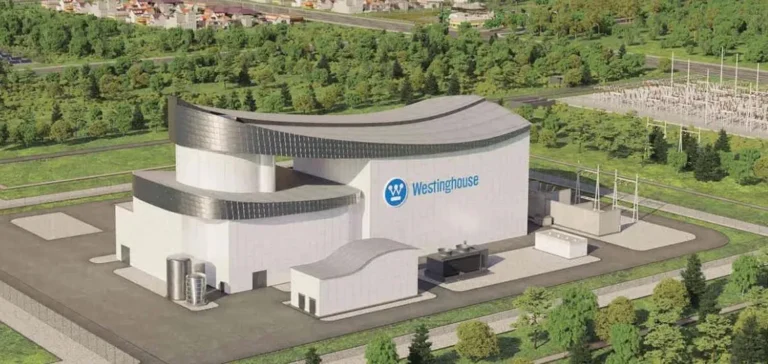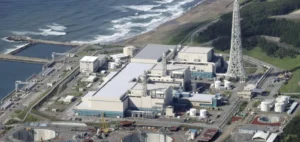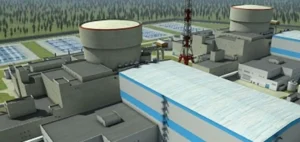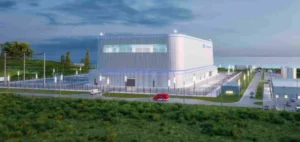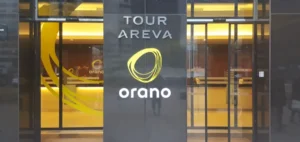Westinghouse Electric Company announced the signing of six memorandums of understanding with UK companies as part of its industrial expansion in the country, aimed at supporting the deployment of its AP1000 and AP300 reactor technologies. These agreements are part of the group’s strategy to reinforce its local supply chain to back future nuclear projects in the UK and overseas.
UK companies engaged in critical components
The companies involved are William Cook Cast Products, Trillium Flow Technology, Curtiss-Wright Controls (UK), Boccard UK, Bendalls Engineering and Sheffield Forgemasters. They will have the opportunity to supply key reactor equipment, including valves, pumps, actuators, mechanical and electrical modules, piping, pressure vessels, heat exchangers and cast and forged steel parts.
These industrial partnerships will help Westinghouse support the UK government’s target of reaching 24 gigawatts of nuclear capacity by 2050. Dan Lipman, President of Westinghouse Energy Systems, stated that these agreements create “skilled jobs in the UK’s nuclear industry while also supporting projects in Europe and globally.”
AP1000 and AP300 technologies in active development
Westinghouse’s AP1000 model is currently the only operational Generation III+ advanced reactor, featuring fully passive safety systems and modular design. Six units are already in operation worldwide, fourteen are under construction, and six more are under firm contracts.
The AP300 model, a small modular reactor (SMR) based on AP1000 engineering, was launched in May 2023. Its design certification is expected by 2027, with the first unit scheduled to begin construction in 2030 and targeted operation in 2033.
An industrial strategy based on proven designs
According to Westinghouse, relying on existing AP1000 engineering and components for the AP300 design aims to reduce regulatory and industrial risks. Unlike other SMRs in development, which rely on first-of-a-kind technologies, the AP300 uses already proven infrastructure, making it easier to integrate industrial partners into the process.
In February 2024, the company signed an agreement with Community Nuclear Power Limited to build four AP300 units in the North Teesside region of northeast England. This project represents the first privately financed SMR fleet in the UK.
In August 2024, the UK Department for Energy Security and Net Zero authorised the AP300 to enter the Generic Design Assessment process, a key step towards regulatory approval.
A transatlantic momentum in industrial production
As part of its international strategy, Westinghouse also signed a memorandum of understanding with BWX Technologies Canada in December 2024. This partnership could allow the Canadian company to manufacture major components for AP1000 and AP300 models, including steam generators, reactor vessels, pressure vessels and heat exchangers.


